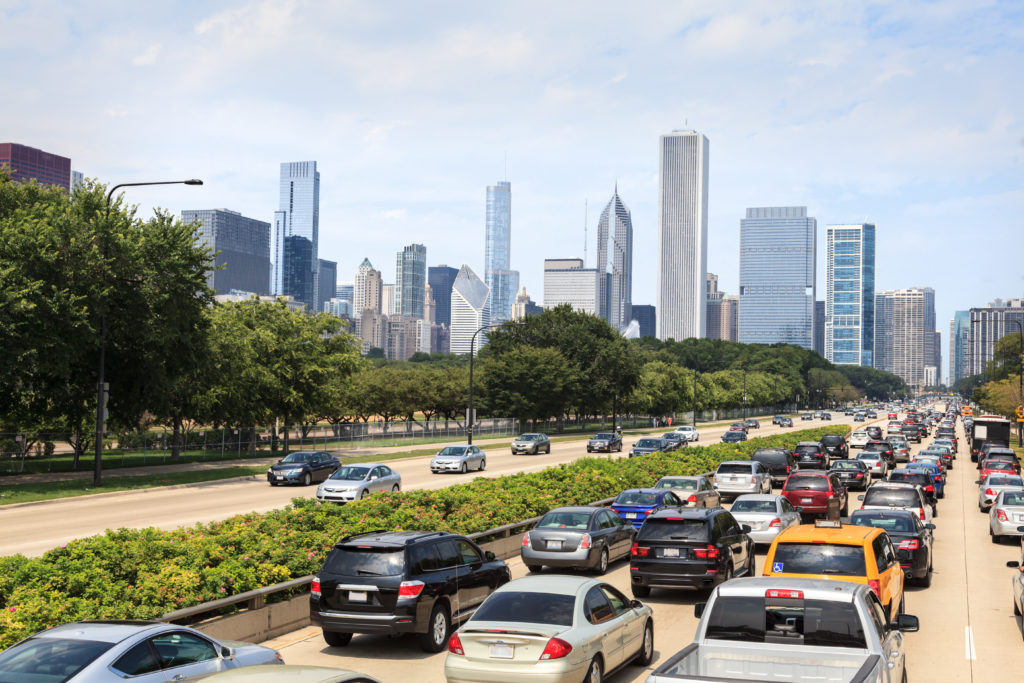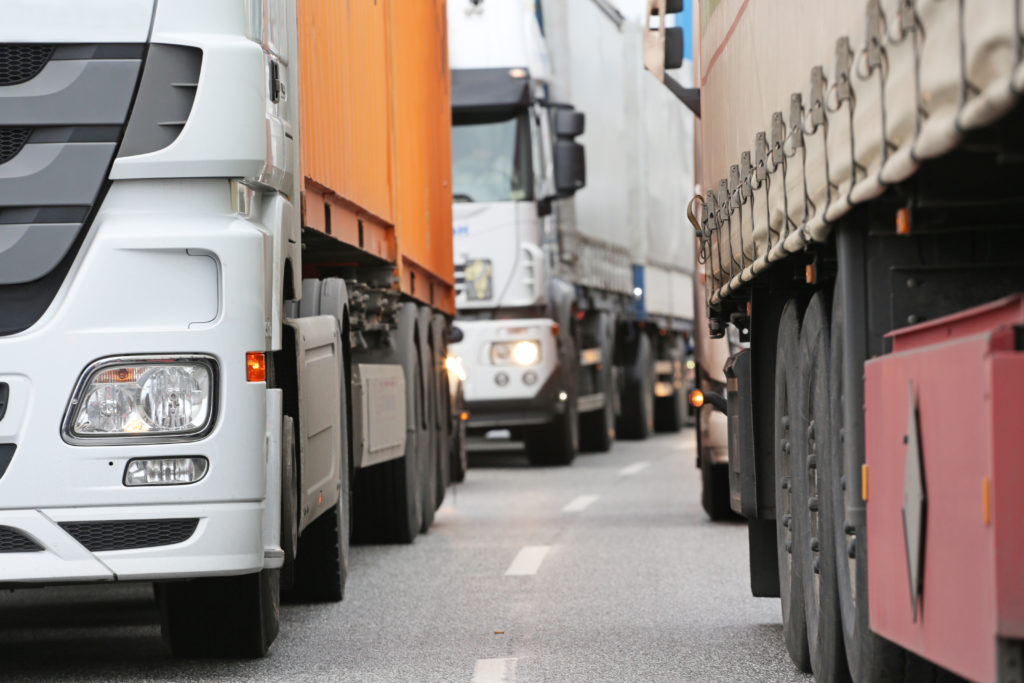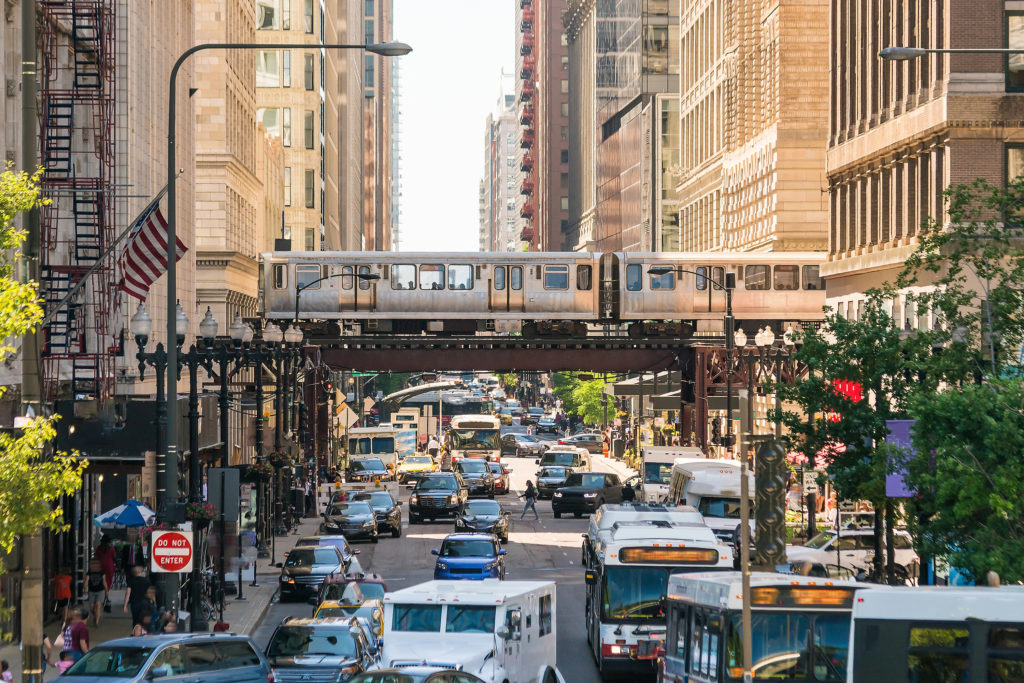
At the peak of the coronavirus pandemic, we reported on data showing that although stay-at-home orders had cleared up a majority of traffic congestion throughout the nation’s roadways, overall levels of road safety had remained incredibly low.
“Unfortunately, the pandemic has exposed our road safety culture for what it is,” explained National Safety Council President and CEO, Lorraine Martin, at the time. “We did not reap the safety benefits we should have experienced.”
Martin noted that the clearer roadways motivated many drivers to drive much more carelessly than usual, and drivers are often tempted to reach dangerous speeds when roads are empty–they often may also fail to use a seat belt due to a false sense of security.
“It’s clear that our open roads have created somewhat of an open season for reckless driving,” Martin added.
Now, it seems that even those who did drive safely–or stayed home completely–during the pandemic have had trouble adjusting to roadways getting crowded once again as more drivers return to work, according to industry experts.
“What we’re observing is that as the rest of us get back on those roads, we’ve forgotten how to share the road,” said Geotab’s executive vice president of sales and marketing, Colin Sutherland. ”We see cars pulling in directly in front of heavy-duty trucks on the highway, forgetting that heavy-duty trucks need more room for braking than the car does.”
In an effort to boost overall roadway safety, Geotab–a vehicle tracking service–collaborated in a campaign with Together for Safer Roads during the United Nations’ recent Global Road Safety Week. During the campaign, the two organizations called on commercial fleets to help bring an end to speed-related road accidents.
As we approach the Summer months, Sutherland warns that these days are the most important to stay particularly safe and aware while driving, as the number of road trips rises and more people than usual hit the road.
“That’s being borne out [of] the increase in accidents that are happening on the road today,” he explained. “An increase over pre-COVID, which is very scary.”
In 2020, America’s roadways saw more vehicle crash deaths than they have in the past 13 years–42,060 people are believed to have died in fatal crashes–8% more than in 2019, even though fewer people were driving throughout the year. All motor vehicle total miles driven even fell by 13% in 2020 from 2019.
The Safety Management Council of American Trucking Associations is currently studying the traffic changes and their effects from the COVID-19 pandemic while we wait for the Federal Motor Carrier Safety Administration to release its official 2020 truck and bus accident report.
“We are starting a benchmarking group and will hopefully have this data more readily available,” said ATA’s Safety Management Council executive director, Jacob Pierce. “There are [fewer] cars on the road, so you’d figure that there would be [fewer] accidents. However, [fewer] cars on the road equals probably more passenger vehicles driving [with more risk], driving faster, [and] really not paying attention.”
In regards to the differences that are expected between roadway activity as people return to the roads after lockdown and how drivers behaved on the roads during the pandemic, there is no way to make any real predictions.
“It could go either way,” explained Angela Savino, a business law attorney at Perez Morris. “There certainly was more trucking activity. So, [given] that alone, you might think there was an uptick. But It was a whole different set of circumstances–just the congestion on the road was different”
Many industry experts were genuinely shocked at the data coming from roadway traffic accidents in 2020.
“The last year had a surprising amount of activity–from my perspective–[more] than would have been expected,” said Bluewire’s chief legal officer, Doug Marcello. “Anecdotally, I had more accidents that we were engaged to deal with immediately over the first month of the pandemic than I did most other months, and all of them were situations where four-wheelers had thrown caution to the wind and ended up striking the truck in some way.”




